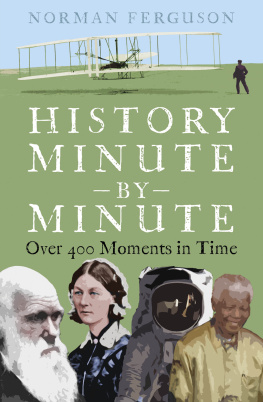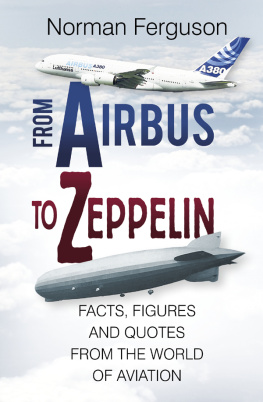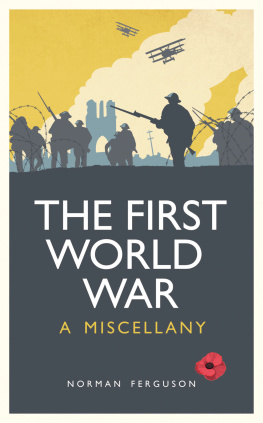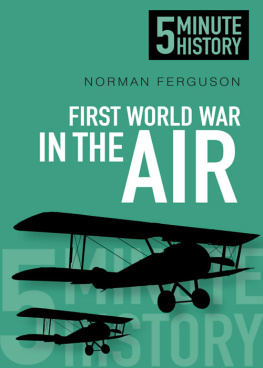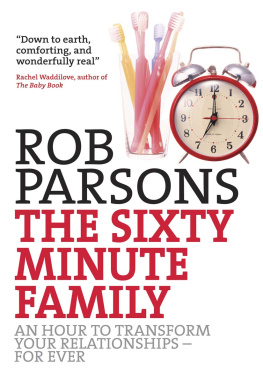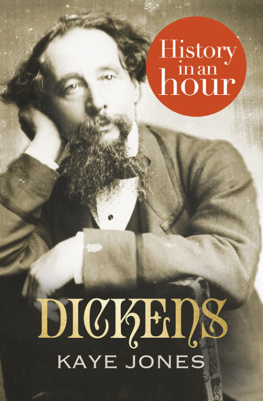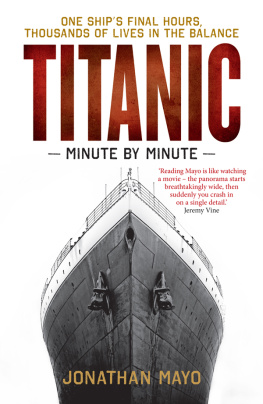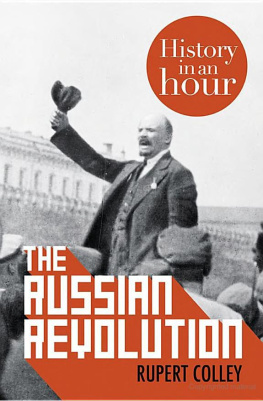Contents
Guide

For MCK & CFF 9.38
First published in 2012 as Chronologia
This paperback edition first published 2022
The History Press
97 St Georges Place, Cheltenham,
Gloucestershire, GL50 3QB
www.thehistorypress.co.uk
Norman Ferguson, 2012, 2022
The right of Norman Ferguson to be identified as the Author of this work has been asserted in accordance with the Copyright, Designs and Patents Act 1988.
All rights reserved. No part of this book may be reprinted or reproduced or utilised in any form or by any electronic, mechanical or other means, now known or hereafter invented, including photocopying and recording, or in any information storage or retrieval system, without the permission in writing from the Publishers.
British Library Cataloguing in Publication Data.
A catalogue record for this book is available from the British Library.
ISBN 978 0 75247 873 9
Typesetting and origination by The History Press
Printed and bound in Great Britain by TJ Books Limited, Padstow, Cornwall.
eBook converted by Geethik Technologies

CONTENTS
INTRODUCTION
On 11 November 1918, the First World War was due to end. The armistice, signed earlier that morning, indicated that the four-year war was to finish at exactly 11.00 a.m. Fighting continued up until that time, and one man was shot and killed in the last minute of the war. As Private Henry Gunther advanced on a German machine-gun post, he was waved back by the German soldiers, who were desperate to avoid one more death so close to peace. Gunther continued and they were left with no option but to fire. He died at 10.59 a.m. and it was reported that the rest of the guns on the whole front fell silent almost immediately after.
The fact that one aspect of the conflict the futile deaths of so many on the Western Front could be defined in one specific moment in time, served as an inspiration for this book. We are accustomed to history being arranged by era, century, decade, year or specific dates. History Minute by Minute takes a different approach, arranging events by the time of day. It includes around 400 moments of history, sport and culture, going as far back as 55 bc.
Human history is as chaotic and random as human life, and this book attempts to reflect some of that.
Norman Ferguson
8.12 a.m.
2 November 2011
NOTES
Note on the Times
Where possible, all times included are local from where the event took place. Where it has proved impossible to pin down the time zone in use, GMT is used. Space missions are entered using GMT, apart from launches and Earth landings, which follow the convention of following the time in the location involved. For example, NASA missions use Eastern Daylight/Summer Time as their flights were launched from Florida.
Note on Accuracy
The author has tried to be as accurate as possible, both in terms of the description of events and when they happened. Where he has failed, lay the failure on him. As with all human endeavours errors will inevitably creep in. If any are spotted the author would be grateful to hear about them.
Standardisation
In the interests of commonality all times are presented in a standard format. Of course some events could never be recorded to the exact minute, especially the further back in time you go, but they are presented here in a standard way for ease of reading.
ACKNOWLEDGEMENTS
Researching the information for History Minute by Minute was appropriately a time-consuming task. It would have been impossible but for the resources of the following main sources: BBC, The Times, the Guardian, Eyewitnesstohistory.com, history.com, NASA.
MIDNIGHT TO 12.59 A.M.
12.00 a.m.
A fleet of ships sets sail from northern France. They are heading for Britain under the command of a Roman governor of Gaul called Julius Caesar. Caesars forces land near Deal in Kent and, despite ferocious attacks by the Britons, are able to maintain a foothold. However, when his cavalry are unable to land, Caesar orders a retreat back across the English Channel. He makes another attempt the following year but the Romans do not establish a dominating presence in Britannia until 100 years later. During their occupation, they encounter the rebellion under Boudicca and are forced to build a wall that forms the northernmost boundary to their empire.
(23 August 55BC)
12.00 a.m.
Sir Thomas Knyvett searches the cellar underneath Londons Palace of Westminster and discovers thirty-six barrels of gunpowder. He also finds a man claiming to be John Johnson, who is in fact Guy Fawkes, one of a band of English Catholic conspirators planning to blow up Parliament and kill King James VI and I. Fawkes is tortured and confesses to committing treason. He escapes the horrors of being hanged, drawn and quartered by jumping off the scaffold and hanging himself. Despite this, the punishment is still carried out on his corpse. Bonfires are lit to celebrate the survival of the king.
(Tuesday 5 November 1605)
12.01 a.m.
The first baby is born under Britains new National Health Service. Aneira Thomas is named after Minister for Health Aneurin Bevan who, on the same day, accepts the keys to Park Hospital in Manchester as a symbolic start to a scheme free and available to all citizens. The NHS forms part of new social security measures including sickness and unemployment benefit and better pensions for those who have paid National Insurance. Child benefit is brought in, as is income support for the needy. Labour Prime Minister Clement Attlee described it as: the most comprehensive system of social security ever introduced into any country. Aneira Thomas goes on to become a nurse.
(Monday 5 July 1948)
12.01 a.m.
Millions of computer users relax when they find the threatened Millennium Bug has not struck. The potential problem is a result of computer programmes only using two digits for year dates. Whether machines and vehicles would continue to work after midnight occupies much discussion and re-engineering beforehand. No major systems are affected and no planes fall out of the sky.
(Saturday 1 January 2000)
12.01 a.m.
Bookshops open to sell Harry Potter and the Deathly Hallows, the last novel in the popular series. It becomes the fastest-selling book of all time with 2.7 million copies sold in the UK in 24 hours. J.K. Rowlings series of seven adventures featuring Hermione, Ron and the troubled boy wizard Harry, has sold over 450 million copies and inspired untold numbers of young readers.
(Saturday 21 July 2007)
12.04 a.m.
Oil supertanker Exxon Valdez runs aground in Alaska. Eight of the ships eleven oil tanks are breached. The spill is the largest the United States has ever seen, with 1,300 miles of coastline affected by 11 million gallons of crude oil. Crew negligence is found to be the cause.

